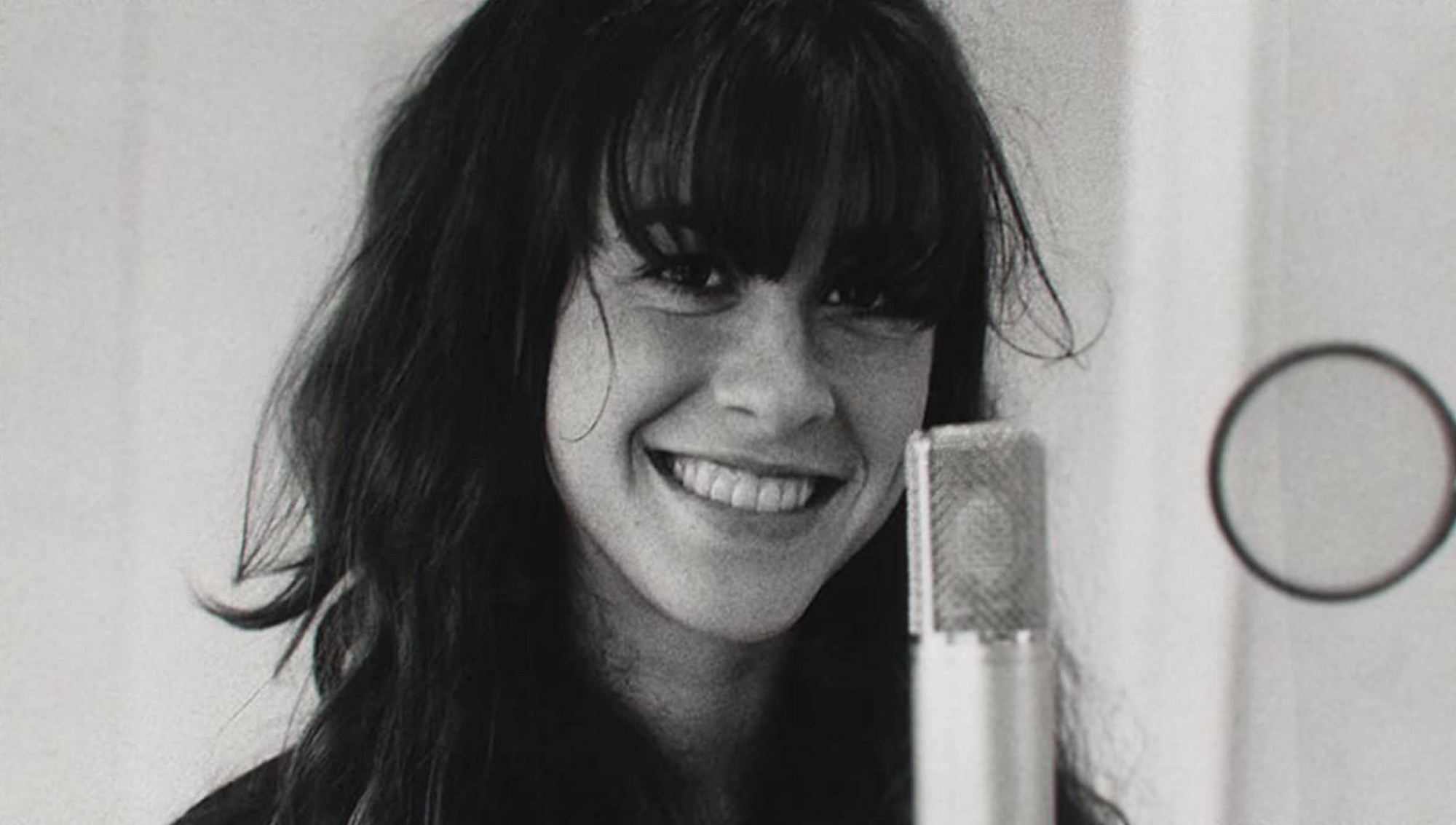
- Festivals
2021 TIFF Notes: Docs: “Jagged” (2021)
Alanis Morissette’s 1995 album Jagged Little Pill, which would go on to sell 33 million copies worldwide, arrived with a bang, stirring up no small amount of cultural commentary and controversy with its emotionally raw lyrics. So, it’s perhaps fitting that a documentary about its making, reception, and touring, which recently enjoyed its world premiere at the 2021 Toronto International Film Festival, would end up also engendering friction.
In advance of the recent debut of Jagged, from director Alison Klayman, Morissette announced she would not be attending any events in support of the movie, in which she freely participated. She released a statement saying, among other things, “I was lulled into a false sense of security, and their salacious agenda became apparent immediately upon my seeing the first cut of the film. This is when I knew our visions were, in fact, painfully diverged. This was not the story I agreed to tell. I sit here now experiencing the full impact of having trusted someone who did not warrant being trusted.”
The forcefulness of this statement was bracing and has many who have yet to see it wondering just how scandalous this documentary is. And the answer is: not very, actually. Neither wildly revelatory nor editorially refashioned as some type of hit piece, the movie connects for the most part merely as an insider-oriented, justifiable celebration of a culturally significant piece of art. The outside reaction, meanwhile, serves as a reminder that artistic temperament can be a fickle thing.
Morissette’s third studio album, Jagged Little Pill was released just two weeks after the Canadian-born singer’s 21st birthday. A gripping and shrewdly articulated self-evaluation of age-appropriate angst and uncertainty, the album had a catchy, counterbalancing pop sensibility which also made it the smoothest vessel of delivery of the past 25 years for an, at times, almost primal evisceration of misogyny and patriarchal control.
Jagged is stitched together from a massive amount of tour, behind-the-scenes, and other archival footage. Its first half engagingly chronicles its subject’s adolescence in Ontario, and other albums; her move to Los Angeles; recording sessions with producer Glen Ballard; signing with Madonna’s Maverick Records following early rejections by other major labels and the impact of a showcase presentation of bristling kiss-off anthem “You Oughta Know” to influential Los Angeles radio station KROQ, which would set the scene for Jagged Little Pill’s launch tour, and subsequent takeover of mainstream FM rock airwaves. These passages, well-curated and solidly packaged by Klayman (Ai Weiwei: Never Sorry, The Brink) and editor Brian Goetz, all have a nostalgic appeal.
But the spine of the film is a contemporary sit-down with Morissette herself, recorded in 2020, after the COIVD-related postponement of a tour celebrating the album’s 25th anniversary. This gives Jagged not merely the benefits of first-person anecdotes (though those are here too), but also a sincere, measured reflection on the churning ambivalence at the core of Jagged Little Pill — of what the album meant to so many young people, especially girls, then, and what about it endures.
So, the singer’s accusation that Jagged “includes implications and facts that are simply not true” seems odd, a capricious statement born of a fundamental misreading, and perhaps believing that the movie implies things which it does not. In the course of assessing her early years in the music and entertainment industry (Morissette would also appear in a half dozen episodes of You Can’t Do That on Television, a preteen-oriented sketch comedy show), the singer alludes to multiple statutory rapes, beginning when she would have been 15 years old. Morissette doesn’t name names or recount specific details, saying it took years in therapy for her to even admit to herself that these acts were criminal. And the film makes no great effort to either press her on this point or offer up its own investigation — other than mentioning, in a separate context, comedian Dave Coulier, whom Morissette dated in the early 1990s and has previously expressed the belief that “You Oughta Know” is about him.
These incidents are heartbreaking but handled respectfully. Furthermore, they crucially (and arguably necessarily) inform an honest examination of the complexity of Jagged Little Pill’s songwriting and depth of feeling, which is assayed by way of Ballard, plus several critics and other talking heads.
Meanwhile, if interviews with Taylor Hawkins and other members of Morissette’s all-male touring band, each candid about their naked pursuit of sexual experimentation during the tour, highlight the hypocrisy and distastefulness of such behavior in the shadow of a traveling showcase for this empowering music, it isn’t surprising or the absolute end of the world.
Klayman’s movie, set for release via HBO Films on November 19, doesn’t quite completely unpack the full influence of Jagged Little Pill on the American music scene, and what it meant for female singer-songwriters. But it at least honors both its namesake album and artist by serving as a pointed, yet safe, expression of righteous young anger — of a new and unheard voice speaking their truths, even if some of those feelings are unsettled. It is a lively, appealing film, plugged into the current of the times. That it neither ignores nor makes the entire focal point of its existence several off-putting occurrences is not a sign of failure or betrayal, no matter what Morissette might think.

